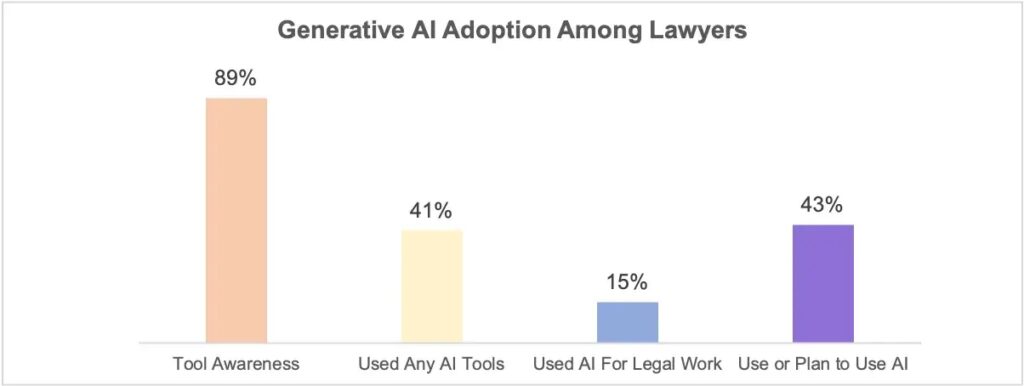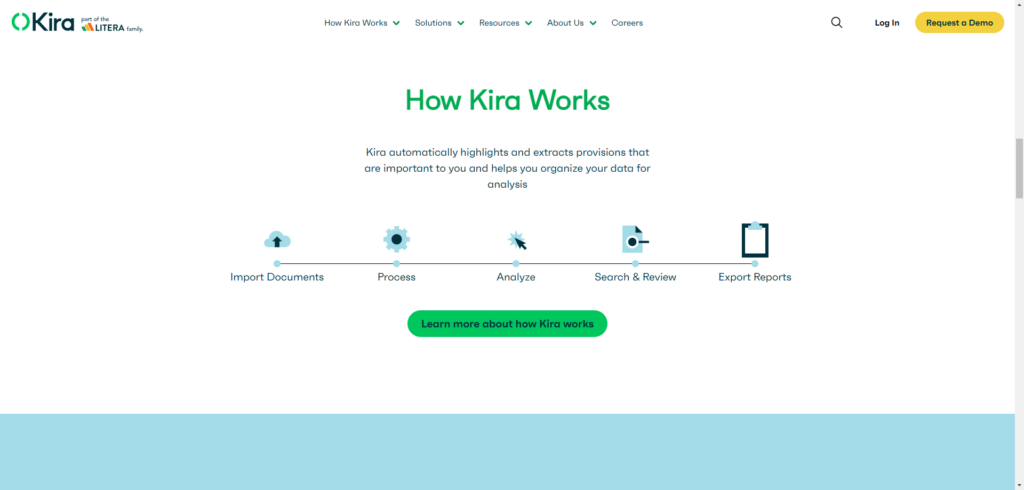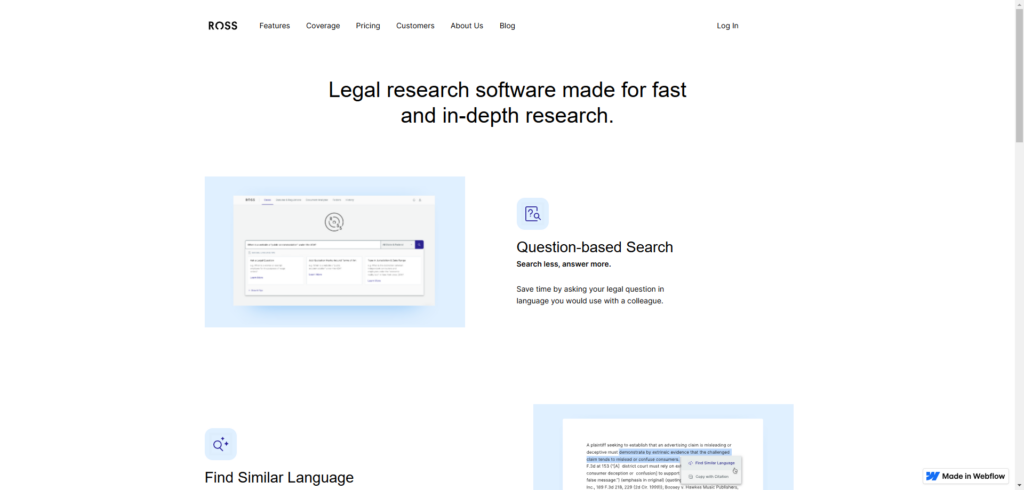Will AI Replace Lawyers? What to Expect in 2025
Table of Contents
Artificial intelligence (AI) is transforming industries across the globe, and the legal field is no exception. From automating routine tasks to aiding in legal research, AI is becoming an essential tool for lawyers. However, the question remains: Will AI replace lawyers? The simple answer is no.
While AI is certainly reshaping the profession, it cannot replace the human elements crucial to legal work, such as judgment, empathy, and complex problem-solving. In this article, we’ll explore how AI is enhancing the legal profession, its limitations, and the skills lawyers will need to work alongside AI effectively.

Will AI Replace Lawyers?
AI will not replace lawyers. While AI can automate routine tasks such as document review, legal research, and contract analysis, it cannot replace the critical aspects of legal work that require human judgment, empathy, and strategic thinking. Tasks like courtroom advocacy, negotiating settlements, or understanding the nuances of client relationships require qualities AI simply cannot replicate.
Instead of replacing lawyers, AI will complement their work by handling repetitive, time-consuming tasks. This will allow legal professionals to focus on more complex, high-level responsibilities such as advising clients, developing legal strategies, and offering personalized counsel.
Ultimately, AI will act as a powerful tool that enhances a lawyer’s efficiency without diminishing the need for their expertise and human touch.
What Tasks Can AI Perform in Legal Work?
AI has proven to be valuable in handling several routine and time-consuming tasks within the legal field, allowing lawyers to focus on more strategic aspects of their work. Some of the specific tasks AI can perform include:
1. Automating Document Review: AI-powered tools like Kira Systems can quickly analyze large volumes of documents, highlighting key information and summarizing findings. This process, which would normally take hours or even days, can now be completed in a fraction of the time.

2. Assisting with Legal Research: AI systems can scan vast legal databases, finding relevant case law, statutes, and precedents that lawyers can use in their arguments. Tools like ROSS Intelligence use natural language processing to deliver results faster than traditional research methods.

3. Generating Initial Drafts of Contracts: AI platforms like Luminance can generate drafts of standard legal documents, such as contracts and agreements, based on preset templates and previous documents. This automation helps lawyers save time on repetitive tasks and focus on customizing contracts for specific clients.

4. Managing Client Communications: AI-powered chatbots or virtual assistants can handle routine client inquiries, schedule appointments, and provide updates, ensuring that lawyers stay on top of client communications without spending time on repetitive tasks.
While AI excels at automating these repetitive tasks, it still cannot perform tasks that require human intuition, negotiation skills, or the ability to advocate effectively in court. Legal work often involves complex decision-making that requires emotional intelligence and contextual judgment, areas where AI cannot replace human professionals.
Limitations of AI in Legal Practice
While AI offers significant efficiency gains in the legal field, it also has several limitations that prevent it from fully replacing human lawyers. These limitations stem from both technical challenges and ethical considerations. Here are some key areas where AI falls short in legal practice:
- Lack of critical thinking and emotional intelligence
AI may excel at processing data, but it lacks the ability to think critically or understand human emotions. In legal practice, the ability to interpret subtle nuances, read between the lines, and respond with empathy is crucial. AI cannot navigate the ethical dilemmas or interpersonal dynamics that often influence legal decisions. - Ethical concerns
AI also raises significant ethical issues, particularly in terms of algorithmic bias and data privacy. If AI systems are trained on biased data, they may perpetuate these biases, leading to unjust or unfair outcomes. Additionally, sensitive client information could be at risk if AI tools are not adequately protected, raising concerns about data privacy and security. - Challenges with complex legal judgment
Legal practice often involves interpreting ambiguous laws, considering multiple conflicting interests, and making complex judgment calls. AI struggles with these tasks, as it lacks the intuition and human insight necessary to navigate such complexities. AI cannot replicate the nuanced decision-making required in situations involving moral or legal gray areas. - Need for human oversight
Despite its capabilities, AI cannot function independently in many legal tasks. Human oversight is essential to ensure that AI-generated outputs are accurate, ethical, and aligned with legal standards. Lawyers must remain in control to validate the AI’s work and guide its application in practice.
In conclusion, while AI can assist with various tasks in legal work, it cannot replace the essential human qualities and expertise that lawyers bring to their practice.
What Skills Will Lawyers Need to Work with AI?
As AI becomes more integrated into the legal profession, lawyers must develop new skills to work effectively with these technologies. Here are the key skills essential for navigating this shift:
- Understanding AI Tools: Lawyers must grasp how AI works and how to prompt it effectively to get the best results.
- Data Literacy: With AI’s ability to process large datasets, lawyers need to interpret data from case law, evidence, and AI tools to inform their legal strategies.
- Critical Thinking: Lawyers will need to evaluate AI-generated outputs and make informed decisions based on legal reasoning.
- Emotional Intelligence: Despite AI’s capabilities, lawyers must retain the ability to connect with clients and understand their emotional and personal needs.
- Adaptability: With AI continuously evolving, lawyers must stay curious and open to learning new tools.
- Ethical Awareness: Lawyers need to understand ethical issues such as data privacy, algorithmic bias, and transparency when using AI.
By developing these skills, lawyers can complement AI’s strengths, adapt to technological changes, and continue to provide high-quality legal services.
Future Outlook: Lawyers and AI
The future of the legal profession will see AI transforming the roles of lawyers rather than replacing them entirely. As AI automates routine tasks such as document review and legal research, lawyers will focus more on high-level, strategic work that requires human judgment, empathy, and creativity.
Law firms will increasingly integrate AI tools to handle repetitive tasks, improving productivity and efficiency. This will free up lawyers to engage in complex problem-solving, client relationships, and advocacy, areas where AI is not yet equipped to replace human input.
Overall, AI will enhance lawyers’ capabilities, but the human touch will remain essential for critical aspects of legal practice. With the proper adoption of AI tools, the future of law firms will be marked by a harmonious blend of technology and human expertise.
Bonus Tips: How AI Can Accelerate Your Job Search
With the rapid development of AI technology, finding the right job for yourself has become quicker and easier. Jobright, an AI-driven job search platform, helps you navigate the job market by providing access to over 8 million job listings and offering personalized job recommendations. It also assists with resume optimization and helps you connect with relevant professionals. With 24/7 AI support, Jobright enables you to get noticed by employers faster. If you want to enhance your job search, Jobright’s innovative features give you the tools you need to find a position that matches your skills and career goals.
Too busy customizing your resume to ALL of your applications?
Try the Best AI Resume Editor that suits you to every position on Jobright.ai
Find yourself with a new tailored resume that incorporates all the best practices used by professional resume coaches, all in less than 10 seconds.
Try the AI Resume Editor for FREEConclusion
While AI will certainly reshape the legal profession, it is not set to replace lawyers. Lawyers will continue to play a crucial role in offering strategic advice, representing clients in court, and maintaining ethical standards in practice. Rather than viewing AI as a competitor, legal professionals should see it as a tool that can enhance their work by handling repetitive tasks, giving them more time to focus on complex, high-level responsibilities. Embracing AI will allow lawyers to streamline their workflow, improve client service, and thrive in an increasingly digital legal landscape.

